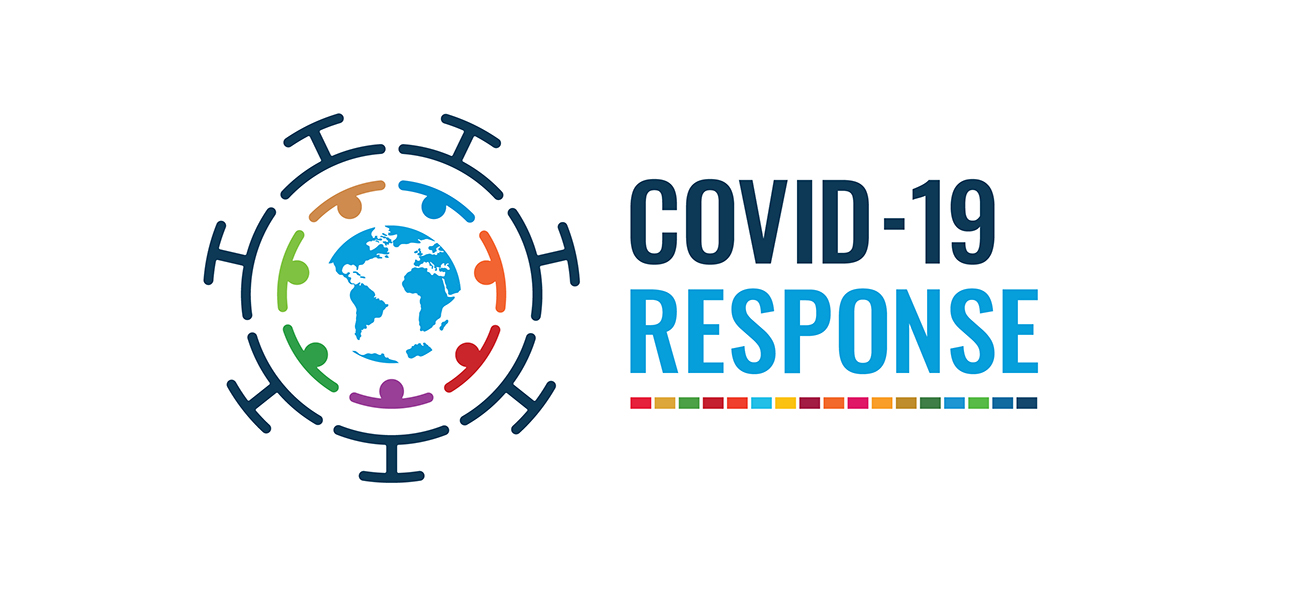By Agency Report.
The World Health Organization (WHO) is warning that a new omicron subvariant known as XBB.1.5 is the most transmissible strain to date.
As COVID-19 hospitalizations rise in some parts of the Northeast — where the subvariant makes up about 75% of new cases, according to data from the Centers for Disease Control and Prevention — so are concerns about how to mitigate a potential surge following large holiday gatherings.
In the past few years, the post-holiday rise in COVID numbers was typically attributed to large gatherings and the colder weather bringing people indoors. Experts said it remains to be seen how much XBB.1.5 may be contributing to the most recent rise in hospitalizations.
“We don’t fully know what this variant is doing in the population, especially since every time a new variant emerges it’s not happening in a bubble … so it’s very difficult to tease apart what might be driving, for instance, increases in hospitalizations,” said Dr. John Brownstein, an ABC News contributor and chief innovation officer at Boston Children’s Hospital.
Very little is known about this new subvariant, but some preliminary research indicates that it may be more immune evasive and contagious than previous omicron variants.
“We are concerned about [XBB.1.5’s] growth advantage” in Europe and the U.S. Northeast, said Maria Van Kerkhove, the World Health Organization’s COVID-19 technical lead, in a press conference Wednesday. XBB.1.5 had rapidly replaced other circulating variants in those areas, she added.
Scientists still do not know if the subvariant causes more severe illness or leads to more adverse outcomes like long COVID.
Researchers are also still studying how well vaccines will hold up against XBB.1.5. They say the updated bivalent booster shot remains the best way to protect yourself.
“Towards the end of last year, the CDC came out with data showing that those who got vaccinated and boosted with the bivalent had an almost 20-fold decreased risk of death and severe illness,” Dr. Peter Hotez, co-director of Texas Children’s Hospital Center for Vaccine Development and dean of the National School of Tropical Medicine at Baylor College of Medicine, told ABC News. “The problem is that was all before XBB.1.5.”
Older adults, immunocompromised people, and those with certain medical conditions are still most at-risk for severe illness and death.
The U.S. Food and Drug Administration pulled the last remaining monoclonal antibody at end of November, leaving antiviral therapies such as Paxlovid as the preferred treatment for at-risk adults who haven’t been hospitalized. But experts say not enough people are taking advantage of the medication.
“Getting the word out both to individuals, as well as primary care physicians, about the importance of getting Paxlovid is really of great importance,” Hotez said.
White House Coronavirus Response Coordinator Dr. Ashish Jha explained in a thread on Twitter that the federal government was continuing to track XBB.1.5 and other variants closely while providing support for access to updated vaccines, free tests and treatment, and improved ventilation and filtration in buildings.
“I think the jury’s still out. But I think we know how to mitigate these surges with vaccines, with testing, with the practices we’ve engaged in throughout the pandemic. There’s no reason to expect that this is going to completely derail our ability to contain this virus,” Brownstein said.


accutane 20mg uk – purchase accutane without prescription order generic deltasone 20mg
prednisone for sale – deltasone 20mg sale order zovirax generic
order permethrin generic – buy tretinoin cream sale buy generic tretinoin online
brand betnovate – order differin monobenzone drug
buy metronidazole pills for sale – buy generic cenforce online buy cenforce 50mg without prescription
order augmentin 1000mg online – buy synthroid 100mcg without prescription synthroid 75mcg without prescription
order cleocin pills – buy cleocin 150mg generic buy indomethacin online
losartan 50mg canada – buy losartan pills for sale order cephalexin pills